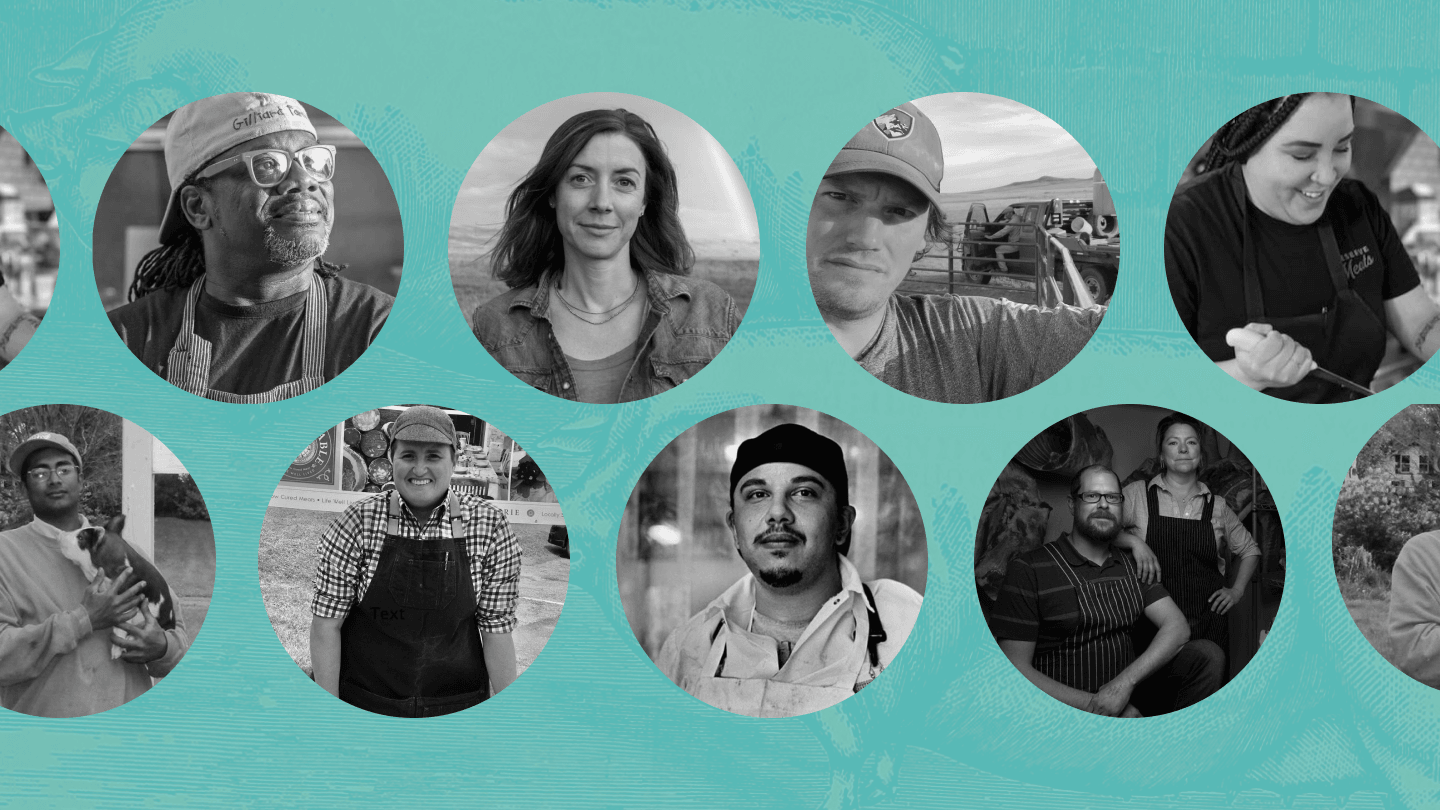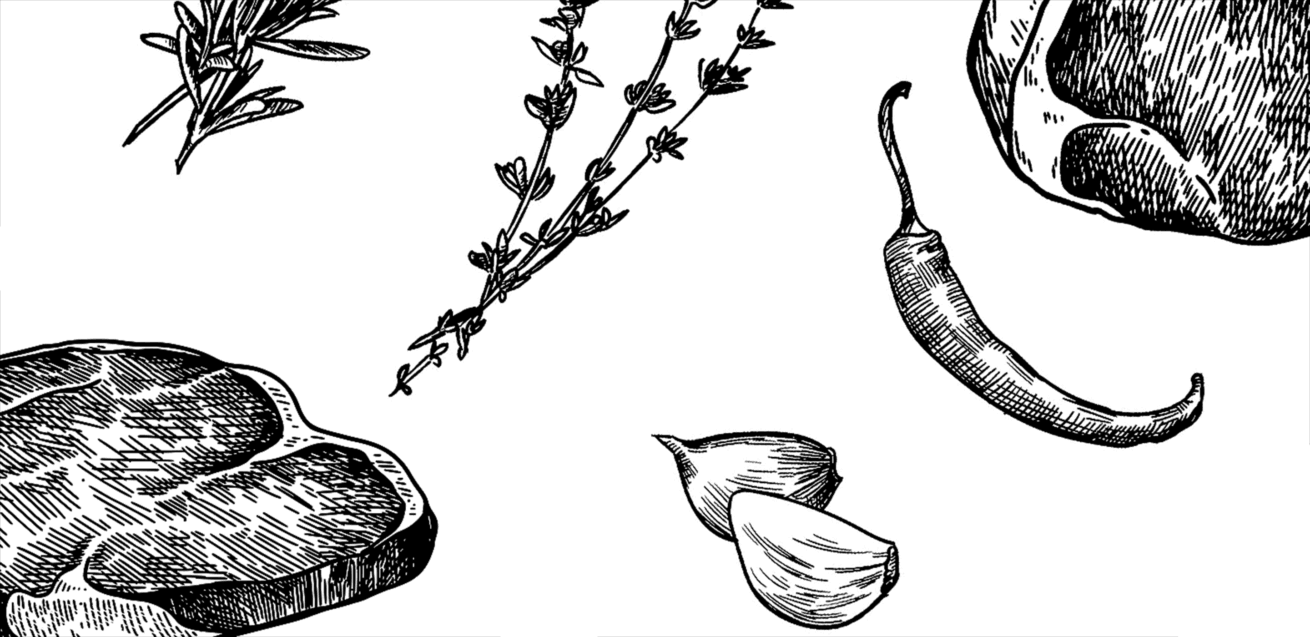Good Meat BreakdownGood Meat® Snapshots
Sarah Knight

Let's build a Good Meat® movement today.
Donate today!
Sarah Knight is a culinary faculty leader at Deep Springs College in Eastern, CA. Deep Springs College is a two year non-profit Liberal Arts College where students attend tuition free. The college is also a working ranch that teaches students the skills to make hay, work irrigation, drive cattle, milk cows, raise chickens, grow vegetables, etc. Sarah oversees the program design and instruction of animal slaughter, butchery and cookery.
Prior to her role at Deep Springs, Sarah was a butcher in training at Wyebrook Farm. Prior to 2020, Sarah was a chef and cook for over a decade. Transitioning to livestock agriculture in March of 2020, Sarah learned all she could about regenerative grazing practices and onsite poultry slaughter, processing and packaging. She then ranched in Montana before joining the start up meat company, Old Salt Co-Op, where she did more work with on farm slaughter, wild game processing, and custom beef and pork processing. Sarah has also written about regenerative agriculture, slaughter and meat cutting and cookery and was recently featured in On Land Magazine. She was also the recipe editor and chef consultant for the Carnivore Code Cookbook by Paul Saladino and The Fit Baker cookbook by Crosby Tailor.
What are your Good Meat® Values?:
If meat is feeding people, it’s good meat. However-my values for producing good meat fall into their feed or forage, their pasture, stress-free handling and humane slaughter. Instead of focusing our energies on ‘new meats’ like faux or lab grown, I believe we should focus our energy on raising animals well. The connection between healthy landscapes, well raised animals and human health are intrinsically linked and impossible to ignore. They cannot be substituted by eating products made from soy or in labs.
Do you work at a butcher shop or meat counter currently and if so, where/what is it? What makes your shop unique/impactful?:
In the past, I worked at a farm that also processed it’s own livestock onsite and sold directly to consumers. It was an almost closed system of raising the animals on our pastures, growing hay for winter feed from our own land. We finished the steers on some brewers grain for the final few weeks, however the heifers never ate any grain, and they really didn’t need it. Selling direct to consumer in a local market is far more impactful and important than shipping nation wide. We can only feed so many people from our land, and prioritizing our community comes first.
Why did you become a Good Meat® Butcher?
For a long time I was a chef and cook at high end restaurants and hotels. As I went further along in my career I noticed how disconnected I was from the actual food. It was more about presenting well for those places than actually doing good. So I left and started a livestock apprenticeship. We did on site poultry processing amongst raising other pastured animals in a regenerative way. After working in agriculture for a few years I knew my next best step was whole animal butchery. Cooking meat is not separate from cutting meat which is not separate from raising animals. We need to keep bridging the gaps the industrial systems have created.
What is one thing you wished more consumers knew about buying meat?
That there are so many options! A number of friends I have that live in cities on the east coast have been blown away not only when I tell them they can buy direct from a farmer but can also visit the farm and create relationships with them. For many people it's a grocery store or nothing.
What meat, or meat dish, do you eat most regularly and what do you eat for a special occasion?
I try to alternate meals between slow cooked (high fat) meats with quick grilled muscle cuts throughout the week. Then just pair those with what’s in season vegetable wise. Since I’ve started working at a farmer's market on Saturday’s, I usually just buy my vegetables there for the week. Eating oysters is always special and I indulge once a week or so.
What is one of your biggest challenges as a Good Meat® Butcher?
Staying true to the values that brought me here while trying to move the needle on margins or profit. Operations like these are rarely in the black without having to add a ton of extra draws for the consumer.
Good Meat® Snapshots
Popular Links

Let's do some good!
Sign up for our newsletter. We’ll keep you informed and inspired with monthly updates.